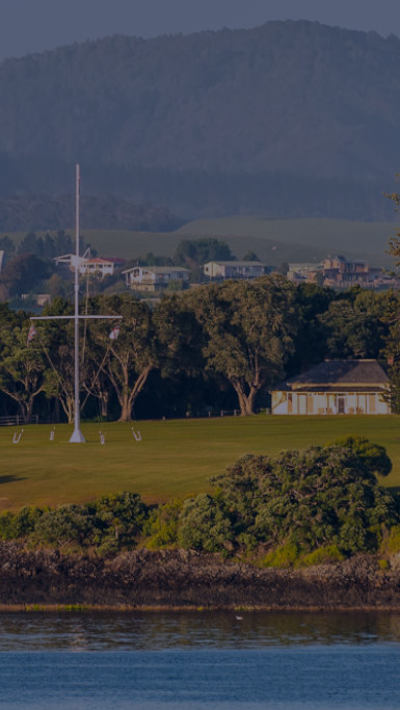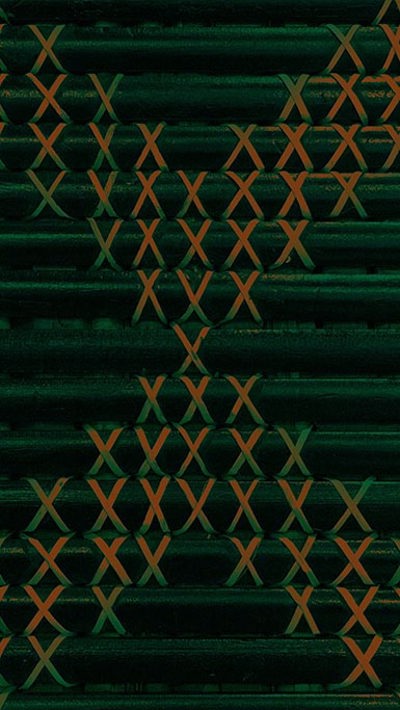Speak to our experts
Contents
The Court of Appeal in Kruger v Nikora1 has clarified that the Māori Land Court does not have jurisdiction over Māori trusts that are not initially established to hold or acquire land but acquire land at a later date.
Notably for trusts acting as post-settlement governance entities (PSGEs), the Māori Land Court only has jurisdiction to hear claims that are unrelated to land ownership where the PSGE was initially established to hold or acquire land. If the PSGE had another purpose at the time of establishment, then the PSGE will remain under the sole jurisdiction of the High Court.
The context
The Tūhoe Trust, also Te Uru Taumatua (TUT), is a PSGE entity established to receive and manage settlement redress from the Crown for breaches of Te Tiriti o Waitangi / the Treaty of Waitangi on behalf of and for the benefit of Ngāi Tūhoe. Part of the assets held by TUT is general land.2 All of TUT’s beneficiaries are descended from one or more Tūhoe tipuna and therefore have whakapapa Māori.
The Māori Appellate Court has previously ruled in Moke v Ngāti Tarāwhai Iwi Trust3(Moke) that section 236(1)(c) of Te Ture Whenua Maori Act 1993 (the Act) gives the Māori Land Court jurisdiction over all trusts that own land for beneficiaries, the majority of whom are Māori, including PSGEs.
The current case was on appeal from a later Māori Appellate Court decision4 which had reaffirmed the Māori Land Court’s judgment that it had jurisdiction over TUT (in parallel with the High Court’s general supervisory jurisdiction over trusts) as it was a trust “constituted in respect of general land owned by Māori”. This meant that the Māori Land Court had authority in relation to the appointment of trustees and the administration of TUT, even if those matters were not relevant to the trust’s land-owning functions.
The trustees of TUT applied to the Court of Appeal to appeal the decision of the Māori Appellate Court. The Court allowed the appeal and set aside the orders made by the Māori Land Court. The sole issue before the Court was whether TUT as a PSGE falls within the jurisdiction of the Māori Land Court. This was addressed in two stages:
- Is the General land held by the Trust “General land owned by Māori” for the purposes of Te Ture Whenua Māori Act?
- If so, is TUT a trust constituted in respect of General land owned by Māori for the purposes of s 236(1)(c) of Te Ture Whenua Māori Act?
The jurisdiction of the courts over an express discretionary trust
Under the first stage, the Court applied the orthodox understanding of the interests of discretionary beneficiaries, observing that the general land held by TUT was not at any given time “owned” by the beneficiaries of TUT. This is because TUT is an express discretionary trust.
As such, the decision-making powers or responsibilities in relation to the land lie with the trustees, not the discretionary beneficiaries. The estate in fee simple is therefore not owned by the discretionary beneficiaries so the land held by TUT cannot be considered General land owned by Māori.
As a result, the Court considered that the issues raised by collective ownership and multiple ownership, that the Māori Land Court may need to decide on, do not arise in the context of an express discretionary trust. Given this finding, the Court held that it did not need to answer the second stage but still provided some guidance as to a PSGE’s ‘purpose’.
The purpose of the PSGE at the time of establishment
With regard to the second stage, the Court stated that a trust is not “constituted in respect of” any General land owned by Māori just because it holds such land at some point in time.5 This test must be applied when the trust is first established, not at a subsequent time when the trust acquires a qualifying parcel of land.
The general jurisdiction of the Māori Land Court is focussed on determining matters relating to Māori land and General land owned by Māori.6 The Māori Land Court has exclusive jurisdiction over five specific types of trusts:7 putea trusts, whānau trusts, ahu whenua trusts, whenua topu trusts and kai tiaki trusts. The narrow scope of section 236 extends only to those five types of trusts.
The Māori Land Court has broader powers than the High Court (either under the Trusts Act 2019 or its general equitable jurisdiction) in relation to removal and appointment of trustees. The High Court may only make an order removing a trustee if certain criteria are met and it is difficult or impracticable to do so without the Court’s assistance. Therefore, it was necessary for the Court to clarify when, and over what types of trusts, the Māori Land Court has jurisdiction.
The Court also noted that whilst some Treaty settlement legislation specifically excludes a PSGE trust from section 236, this should not be read as those without such a clause being intended to be captured.
Key takeaways
A PSGE that is an express discretionary trust and that holds general land will remain under the jurisdiction of the High Court as ownership of the land lies with the trustees, not the beneficiaries.
What is also important is the purpose for which a PSGE is established. Where the purpose is to hold and/or administer land, i.e., it is “constituted in respect of general land owned by Māori”, then the Māori Land Court is likely to retain jurisdiction.
However, where a PSGE has broader purposes that outweigh any landholding functions, such as administering settlement assets or advancing mana motuhake, it will be solely in the High Court’s domain as an ordinary trust. The Māori Land Court will not have jurisdiction over a discretionary trust simply because the beneficiaries are Māori.8
Māori land will continue to be subject to the Act where it is acquired by trustees for the benefit of one or more Māori beneficial owners after the trust was established. However, the Act will only apply to the trustees as the legal owners of the land, but not to the administration of the trust. The administration of the trust will remain within the purview of the High Court’s equitable jurisdiction and its powers under the Trusts Act.
The judgment is also an important lesson to trustees. The Court awarded costs to be paid to Mr Nikora by the trustees. This was because of trustees’ failure to invoke the dispute resolution regime, which involved establishing a Disputes Committee, provided for in clause 19 of the TUT Trust Deed. If the trustees had followed this procedure, then no court costs would have been incurred by either party. Therefore, trustees should take care that they abide by the procedures outlined in the Trust Deed when undertaking their duties.
Our comment
We note that this judgment is important for PSGEs as it clarifies the legal position for current and future trustees and beneficiaries. The decision provides greater certainty and, for now, diminishes the wider class of claims against PSGEs allowed by the Moke decision, whether or not those claims related to Māori Land issues.
We previously discussed the Māori Appellate Court’s decision in Kruger v Nikora which can be found here.
1. Tāmati Kruger on behalf of Tūhoe Te Uru Taumatua Trust v Paki Nikora on behalf of Te Kaunihera Kaumātua o Tūhoe [2023] NZCA 179.
2. General Land is defined under Te Ture Whenua Māori Act 1993, section 4, as land “owned for a beneficial estate in fee simple by … a group of persons whom a majority are Māori”.
3. Moke v The Trustees of Ngāti Tarāwhai Iwi [2019] Māori Appellate Court MB 265 (2019 APPEAL 265)
4. Kruger v Nikora – Tuhoe – Te Uru Taumatua [2021] Māori Appellate Court MB 444 (2021 APPEAL 444).
5. Above n 1, at [113].
6. Te Ture Whenua Māori Act 1993, section 18.
7. Te Ture Whenua Māori Act 1993, Part 12.
8. Above n 1, at [103].


























